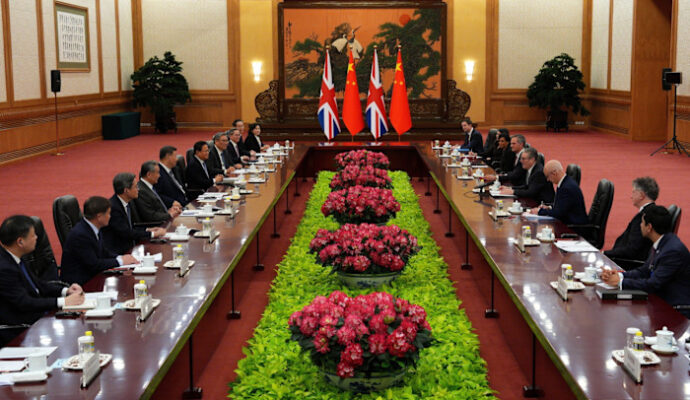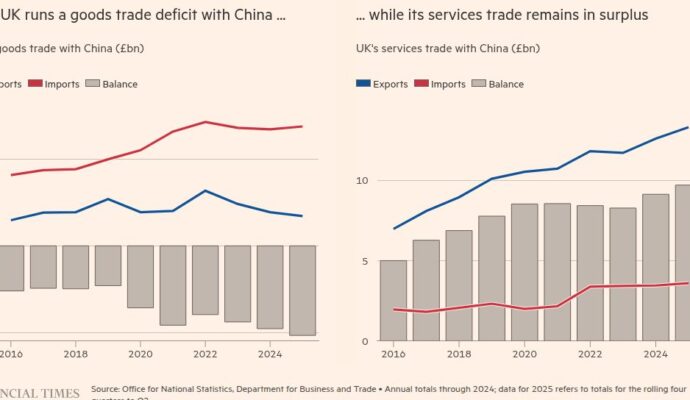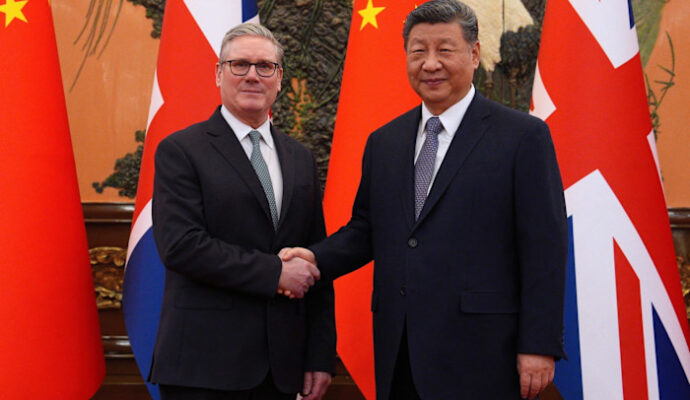
Public displays of affection can have dire consequences in China. Just ask Hu Jiyong. The boss (and Communist Party secretary) of the subsidiary of a state-owned firm held hands with a female subordinate as they strolled through Chengdu this month. Her pink dress caught the attention of a fashion photographer, who posted a video of the couple online. A commenter recognised Mr Hu and said that he was married to another woman.
Having a mistress is often seen as a sign of official corruption in China. So netizens launched what is known as a “human-flesh search”—a kind of crowdsourced investigation. They dug up photos that suggested the woman was spending lavishly. A formal investigation of Mr Hu was launched by anti-corruption authorities (no proof has yet emerged of wrongdoing). Both he and his companion have been suspended from their jobs. Adultery, while not illegal in China, is against party rules.
Some joke that the authorities should rely more on street photographers. Such humour highlights the party’s complicated relationship with individuals and groups that expose wrongdoing. Officials are supposed to submit to the “democratic supervision” of the people. Citizens have long helped to reveal misdeeds. In one rather infamous case, in 2008, footage emerged of a man in a hotel arguing with a couple who had accused him of assaulting their daughter. “I rank as high as your mayor. How dare you quarrel with me,” he said. After online sleuths worked out his name and party rank, he was fired.
When it comes to adultery, sometimes little investigation is needed. In the 2010s a string of officials were brought down by scorned mistresses who took to social media. One, called Ji Yingnan, posted details of her luxurious lifestyle after discovering that her lover, an official at the National Archives Administration, was married.
But the party’s tolerance for public supervision is limited. In 2014 the authorities accused members of the “New Citizens’ Movement” of organising protests featuring banners that urged officials to declare their assets. Three of the activists were given prison sentences. In 2017 a commentary in the People’s Daily, a party mouthpiece, warned that online corruption investigations could threaten social stability by stirring up resentment of officials and the rich. “The government must guide people’s emotions…to create a rational, peaceful and positive public opinion,” it argued.
The party’s reaction seems to depend in part on the rank of the alleged offender and, thus, the risk to its reputation. In 2021 Peng Shuai, a professional tennis player, revealed on social media that she had been in a years-long extramarital affair with Zhang Gaoli, a former member of the Politburo Standing Committee, the party’s top leaders. She accused him of sexual assault. Censors quickly scrubbed her post from the internet and Ms Peng disappeared for two weeks. After re-emerging, she denied she had made the accusation.
Things have gone differently in Mr Hu’s case. Under the law, human-flesh searches are banned. Officials criticise them for violating privacy and leading to cyber-bullying. (Mr Hu’s companion has been the target of online attacks.) But the party seems to think that the furore surrounding the executive is manageable—and perhaps even useful if it helps deter such behaviour. ■
Subscribers can sign up to Drum Tower, our new weekly newsletter, to understand what the world makes of China—and what China makes of the world.
The Economist


